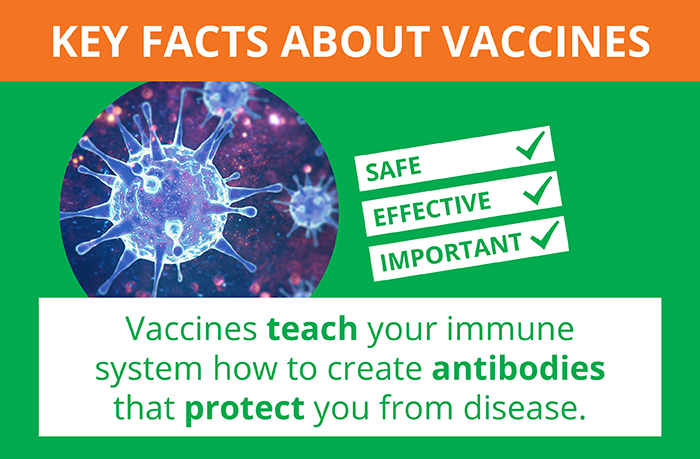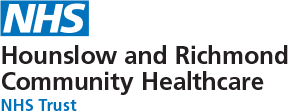Get the most up-to-date public information about Covid-19 (coronavirus) on the NHS website.
Latest Government guidance
New restrictions are now in force in England.
Covid-19 case numbers are rising rapidly and the government has put restrictions in place across England.
From Tuesday 5 January 2021, you must Stay at home, except for specific purposes. No household mixing indoors or outdoors, unless in your support / childcare bubble.
Only leave for:
- work (if you cannot work from home)
- essential shopping
- exercise
- medical appointments
You should still continue to follow the hands, face, space guidance whenever you are out for essential reasons.
- Keep your distance – 2m from others not in your household where possible
- Wash your hands, or use hand sanitiser, regularly and for at least 20 seconds, especially when you get home.
- Don’t touch your face when you’re are not in your home.
- Wear a face covering in shops and supermarkets, on public transport and when in other indoor spaces where keeping apart from others isn’t possible. Read the guidance on face coverings.
- Get a free test if you have any symptoms - a high temperature, a new, continuous cough, a loss or change to your sense of smell or taste.
Covid-19 vaccine update
The NHS has started to deliver the Covid-19 vaccine, in line with the government’s priority list of which people will get it first.
The NHS will get in touch with you directly when it is your turn to be vaccinated. Please don’t contact your doctor or the NHS asking about vaccination - this is not a service that you are able to book in advance.
The NHS will contact you when your turn comes in the months ahead. If you are contacted, please do attend the appointment.
In the meantime, it is vitally important that we all continue to follow the national public health guidance: wash your hands regularly, wear a face covering in enclosed spaces and maintain safe social distancing.
Covid-19 is still very prevalent and highly infectious: the risk of catching it is the same as ever for people who have not been vaccinated.
There is more information about the Covid-19 vaccine on both the Government and the NHS websites, so please take time to click on these links and read through these pages if you want to find out more.
We will keep you updated as plans for the vaccine programme progress here.
Covid-19 vaccine - our best defence

Vaccination is one of the best ways to prevent diseases. Vaccines are estimated to save up to 3 million lives worldwide every year.
- Did you know that vaccines reduce the spread of infectious disease and even get rid of some completely?
- When enough people get vaccinated, it’s harder for a disease to spread to those who can’t have vaccines.
- Getting vaccinated protects not only you but also your family, friends and community.
- Vaccines are made to prevent people from getting serious infectious diseases. It’s much safer for your immune system to learn to fight illness through vaccination than by catching and treating them.
Important
Be aware that anti-vaccine stories are spread online through social media.
Always get your information from a trusted source, such as the NHS website. Vaccinations are safe and prevent millions of deaths every year.
Since vaccines were introduced in the UK, diseases like smallpox, polio and tetanus that used to kill or disable millions of people are either gone or seen very rarely.
Other diseases like measles and diphtheria have been reduced by up to 99.9% since their vaccines were introduced.
The new Covid-19 vaccine
As with all medicines, the Covid-19 vaccine has gone through extensive and rigorous testing before it could be considered safe for use.
British regulator, the Medicines & Healthcare products Regulatory Agency, says the Pfizer/BioNTech coronavirus vaccine, which offers up to 95% protection against Covid-19 illness, is safe for rollout in the wider population.
What is the vaccine?
It is a type called an mRNA vaccine that uses a tiny fragment of genetic code to teach the body how to fight Covid-19 and build immunity.
Face coverings
You will need to wear a face covering when you come to hospital or clinic appointments.
If you are coming to hospital as a visitor or for planned outpatient care, it is important that you wear a face covering at all times. This is for your safety and the safety of other patients and staff.
Face coverings can be purchased online or homemade, and advice on how to wear and make one can be found on the government website.
Please plan in advance and bring a face covering with you whenever possible, but if you do not have one available when you come to hospital, we will provide you with one for the duration of your visit.
If you are currently shielding and have been provided with a surgical face mask for your appointments, please continue to use this. If you have not been provided with a surgical face mask, you should wear a face covering.
For some people, wearing a face covering may be difficult due to physical or mental health conditions. In these instances, other measures will be considered.
Exceptions to the rules include:
- If a patient needs to have their face examined by a clinician. The patient should not remove their covering until instructed to by a clinician
- Young children under the age of 11
- Anyone with breathing or developmental difficulties
- Anyone who experiences genuine discomfort or distress while wearing a face covering (this includes people with disabilities, physical or mental health conditions, or autism who cannot put on or wear a face covering without severe distress)
- Anyone unable to remove their covering/mask without assistance
- Those who are supporting someone who relies on lip reading to communicate
If you need to eat, drink, or take medication, you can temporarily remove their face covering whilst maintaining social distancing of 2 metres.
All visitors will be expected to comply with existing social distancing and hand hygiene measures in addition to the face coverings while in the hospital setting.
We are doing everything we can to prevent the spread of Covid-19 and protect those who are most vulnerable.
Some services are working in different ways, such as using phone or video consultations. Others have provided additional downloadable and online resources to support you at this time. Please see individual service pages for more information.
What are the symptoms?
The symptoms of COVID-19 are:
- a cough
- a high temperature
- shortness of breath
- loss of or change in smell or taste
Stop the virus from spreading
There are things you can do to help stop germs like coronavirus spreading. The best way to prevent the spread of Covid-19 is by good hand hygiene and regular hand washing. Everyone is advised to wash hands more often, especially:
-
when you get to work or arrive home
-
after you blow your nose, cough or sneeze
-
before you eat or handle food
You should wash your hands for 20 seconds, using soap and water or hand sanitiser.
You should also:
-
cover your mouth and nose with a tissue when you cough or sneeze
-
put used tissues in the bin
-
avoid touching your eyes, nose or mouth if your hands are not clean
-
try to avoid contact with people who are unwell.

